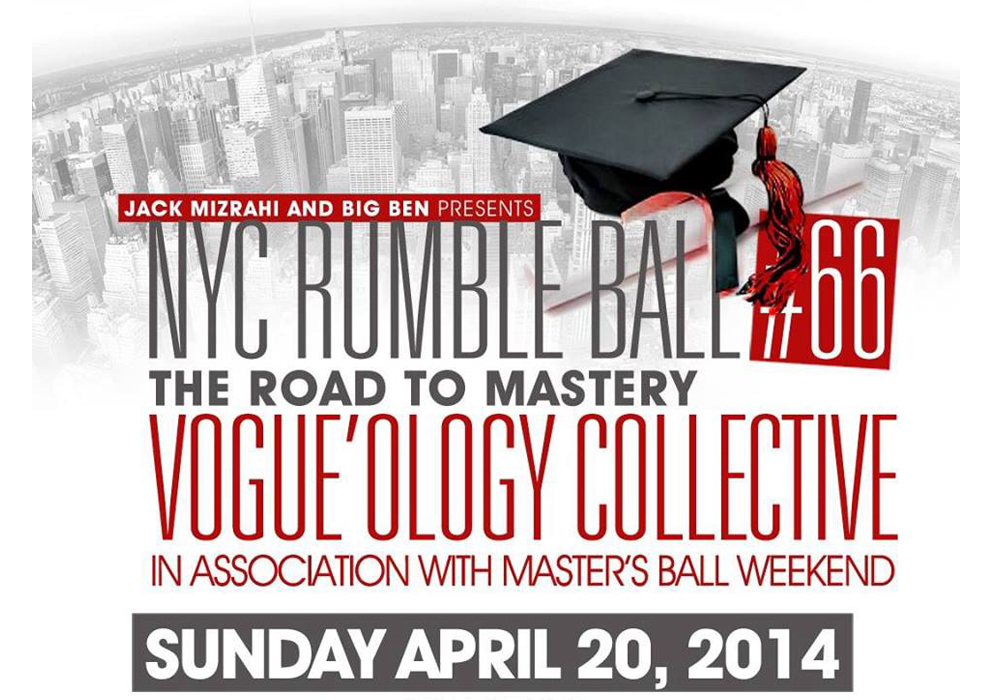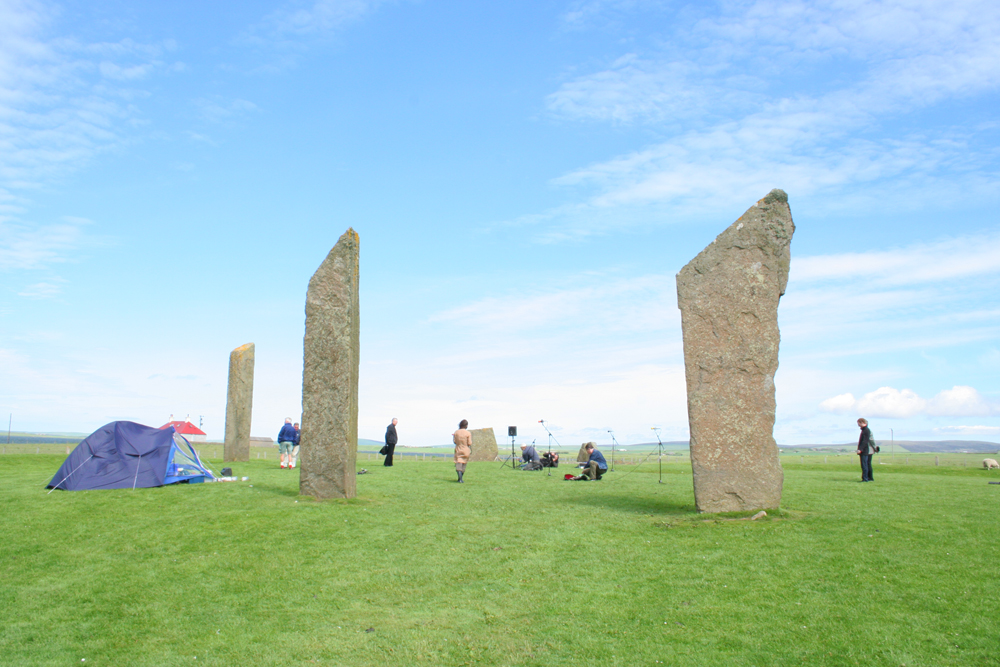
The Road to Mastery Rumble Ball
Various Artists
This mini, late-night ball will include categories inspired by the events earlier in the weekend.
Arika have been creating events since 2001. The Archive is space to share the documentation of our work, over 600 events from the past 20 years. Browse the archive by event, artists and collections, explore using theme pairs, or use the index for a comprehensive overview.

This mini, late-night ball will include categories inspired by the events earlier in the weekend.
Sean and Taku share an interest in structure, space and time. A spartan, abstract, considered and surprisingly musical set.
Out holler/ howl of English pukenoise posterboys exploded by incessant insect chatter of Northern fug dweller.

This programme is a celebration of Charlemagne Palestine; passionate, extravagant, visceral. Including two sections from Ritual dans le Vide, an extension of his ‘running camera’ works of the 70’s and Pip Chodorov’s vibrant workout of a live version of Strumming Music.

Usurper luddite twins’ disabled instruments play a game of pick-up-sticks with the deconstructed horn of a young Derby opponent.

Three documentary films exploring diverse realities of sex workers around the world followed by a closing ceremony of the festival.

Somewhere between performance, stripped down theatre and an intense kind of public learning or maybe even a public hearing.

This event honoured those individuals who achieved the status of Icon during the period of 1986-1990.

By focusing on the things that most people don’t notice or pass by uncaring – Steve Roden crafts gentle, sparse and metaphorically loaded compositions.

What is the radical concept at the core of ‘rhythm’, expanded from simply musical or mathematical notions to encompass personal, social, collective rhythms?

Akio Suzuki and John Butcher performing by the Stones of Stenness, instead of the Ring of Brodgar, because of bad weather.

In the Foyer at the Tramway we will screen a documentary from the Sex Workers’ Festival of Resistance 2017 and La Llamada by Eduardo Restrepo Castaño.